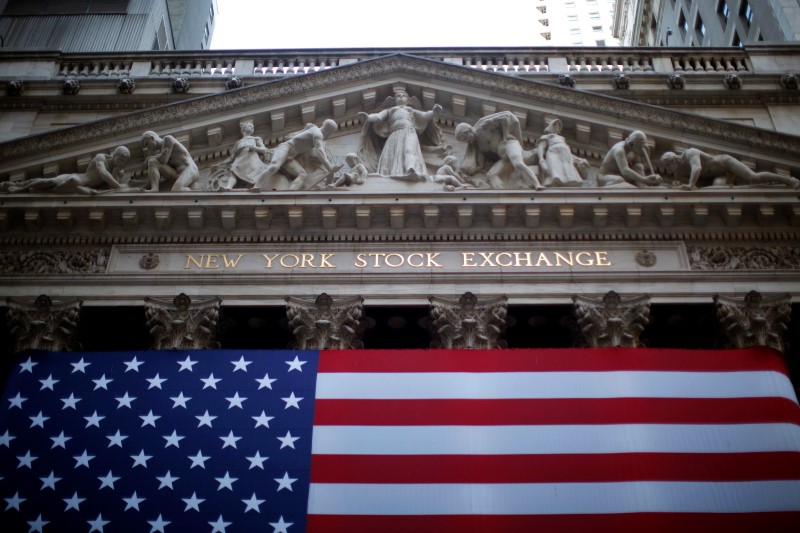By Amanda Becker and Susan Heavey
WASHINGTON (Reuters) - The U.S. Labor Department has taken a first step toward possible derailment or dilution of its controversial rule on retirement advice as it begins to re-examine it at the directive of President Donald Trump, according to a notice made public on Wednesday.
The department proposed a 60-day delay of the fiduciary rule, which requires retirement advisers to put the interests of clients ahead of their own. It was slated to take effect on April 10, but Trump asked the department to review the rule one more time for its impact on investors.
Industry analysts and consumer groups agreed it could be the first of multiple delays as the department begins a comprehensive review of the Obama-era regulation, after Trump in February issued an executive order directing the department to review the rule.
"A 60-day delay is relatively short to undertake the type of economic and legal analysis that they're contemplating, which suggests to me that this isn't just going to be a 60-day delay, It's likely going to be a string of delays," said Micah Hauptman, with the Consumer Federation of America.
The proposed delay should have a "calming" effect on the marketplace, which had been "hanging in limbo" ahead of the April 10 effective date, said Denise Valentine, a senior analyst with Aite Group, which advises the financial services industry on regulatory issues.
"All along we've kind of known that the rule is very likely to be amended. I don’t think it will be killed," Valentine said.
The public will have 15 days from the publication of the proposed delay in the Federal Register on Thursday to comment on the delay itself before the Labor Department can formalize it. There will also be a 45-day window to submit comments or information related to other aspects of Trump's memorandum.
The U.S. Chamber of Commerce, which has sued to kill the rule, on Wednesday praised the proposed delay.
When former President Barack Obama's administration finalized the rule last year, it said it was a move to help Americans saving for their retirement.
But critics in the financial services industry say the rule would limit the ability of advisers to service clients who cannot afford to pay for financial advice and must use products that carry commissions or other indirect costs.
When Trump issued the executive order, White House spokesman Sean Spicer called the rule "a solution in search of the problem" at a briefing ahead of the signing.
The move drew fire from Democrats and other critics, who said it showed the Republican White House was aligned with Wall Street, not middle-income Americans.
Industry groups, however, praised the delay proposed on Wednesday. The Securities Industry and Financial Markets Association said it would "allow the new administration an opportunity to review the rule’s impact on investors and the market."
UBS Wealth Management Americas, Morgan Stanley (NYSE:MS) and Wells Fargo (NYSE:WFC) & Co.N> declined to comment. Bank of America (NYSE:BAC) did not immediately respond to a request for comment.
